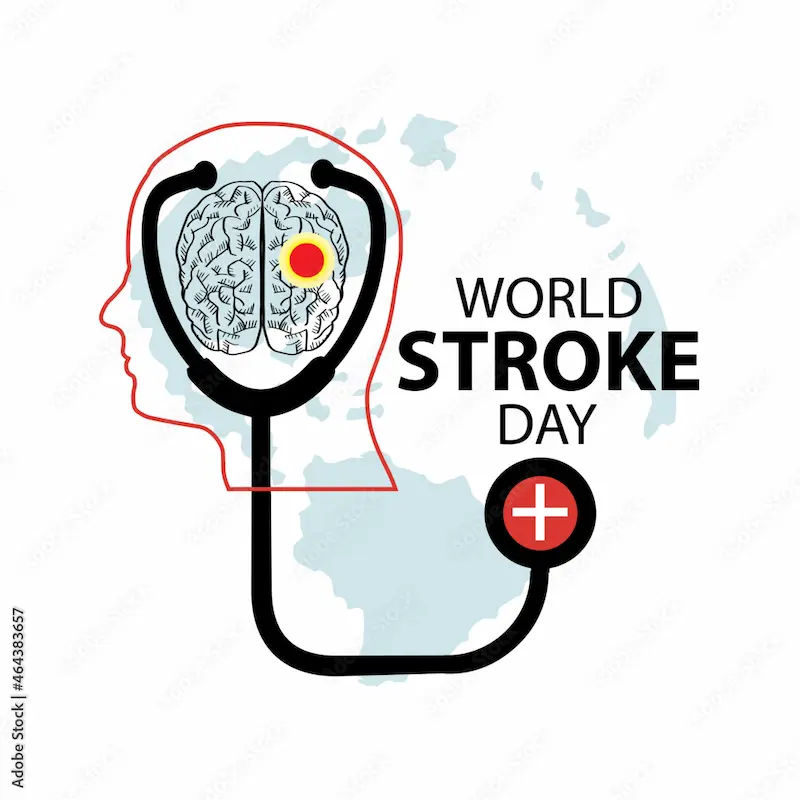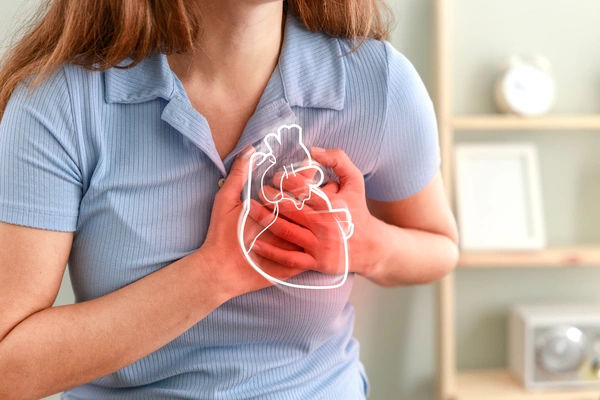- Male
- 68 Years
- 22/01/2025
My dad just had open heart surgery and he's doing okay right now. How long do we need to keep a close eye on him to be sure he's past any post-surgery complications? It's been 2 days since his surgery.
Answered by 1 Apollo Doctors
After open heart surgery, it is important to closely monitor for any post-surgery complications for at least the first few weeks. Common complications can include infection, bleeding, arrhythmias, or issues with the incision site. It is crucial to follow the doctor's recommendations and keep a close eye on any changes in your father's condition. In terms of medications, your father may be prescribed medications such as: - Aspirin: 81mg to 325mg daily to prevent blood clots - Clopidogrel: 75mg daily to prevent blood clots - Statins (such as Atorvastatin): dosage varies, usually taken once daily to manage cholesterol levels It is important to continue monitoring your father's recovery and follow up with his healthcare provider regularly to ensure a smooth recovery process.
Dr. Ranjith Suggests...
Consult a Cardiologist
Answered 04/07/2025
0
0

More Cardiology Health Queries
View allI'm really worried about my 19-year-old daughter's ECG results. The report mentions things like 802 Sinus Tachycardia and 611 T Abnormality Flat T. I'm not sure what all this means and if there's anything serious that we should be concerned about. Could you help me understand if these findings indicate any major health issues? I'm feeling quite anxious and would appreciate any insights you could offer.
This needs further evaluation,visit Physician for the same
Answered by 1 Apollo Doctors
I'm experiencing chest pain right in between my cleavage, and it almost feels like there's something sitting on my chest. It's been bothering me, and I'm a bit worried about what it could mean. Could this be something serious?
Ecg,cardiac markers and x-ray chest pa view is advised to the patient.
Answered by 1 Apollo Doctors
I've been having a tough time over the past couple of years with losing my job and family issues. Lately, I've been feeling this crushing sensation in my chest at times. A few years back, I was told I have mild mitral valve prolapse, but I never started any medication for it. I feel mild pain sometimes, but it never lasts more than two weeks. I'm trying to figure out if this chest pain is because of stress or my MVP. Ive also been feeling really down and anxious, especially at night, often ending up in tears. Some people close to me think I might have some psychological issues. What should I do?
It sounds like you are going through a lot of stress and emotional turmoil. The chest pain you are experiencing could be related to both stress and your history of mild mitral valve prolapse. It is important to address both the physical and emotional aspects of your health. For the chest pain related to mitral valve prolapse, you should consult with a doctor to determine if any medication or treatment is necessary. In the meantime, you can take over-the-counter pain relievers like acetaminophen to help with the pain. To address the stress and emotional issues you are facing, it would be beneficial to seek therapy or counseling to help you cope with your feelings of depression and anxiety. Additionally, practicing relaxation techniques such as deep breathing, meditation, or yoga can also be helpful in managing stress. In terms of medication, you can consider taking an antidepressant such as sertraline at a low dose to help with your depressive symptoms. It is important to consult with a doctor before starting any new medication to ensure it is safe for you. Remember to prioritize self-care, reach out to supportive friends and family members, and consider joining a support group to connect with others who may be going through similar experiences. Take care of yourself and know that it is okay to seek help when needed.
Answered by 1 Apollo Doctors
Disclaimer: Answers on Apollo 247 are not intended to replace your doctor advice. Always seek help of a professional doctor in case of an medical emergency or ailment.





